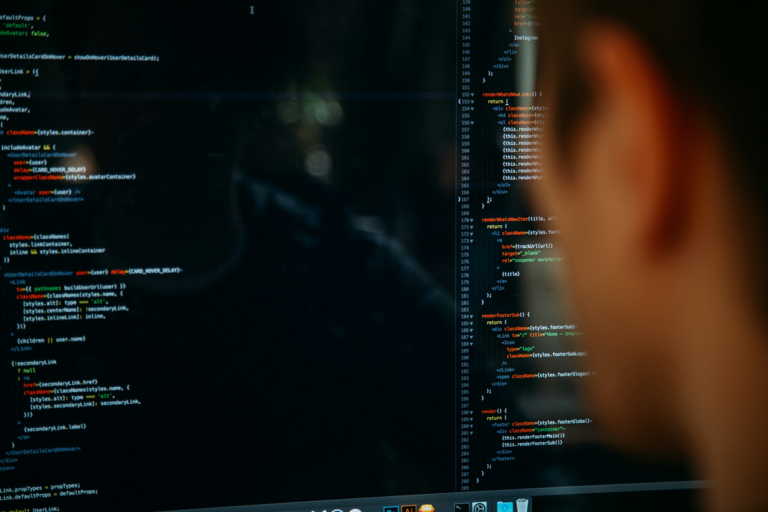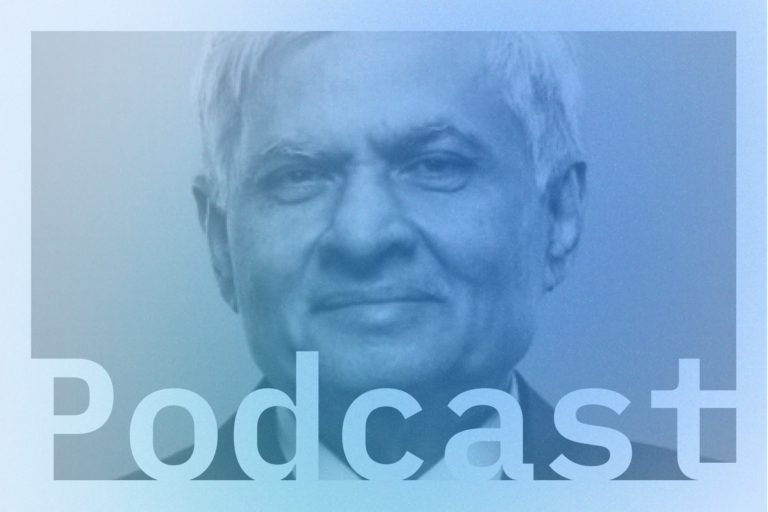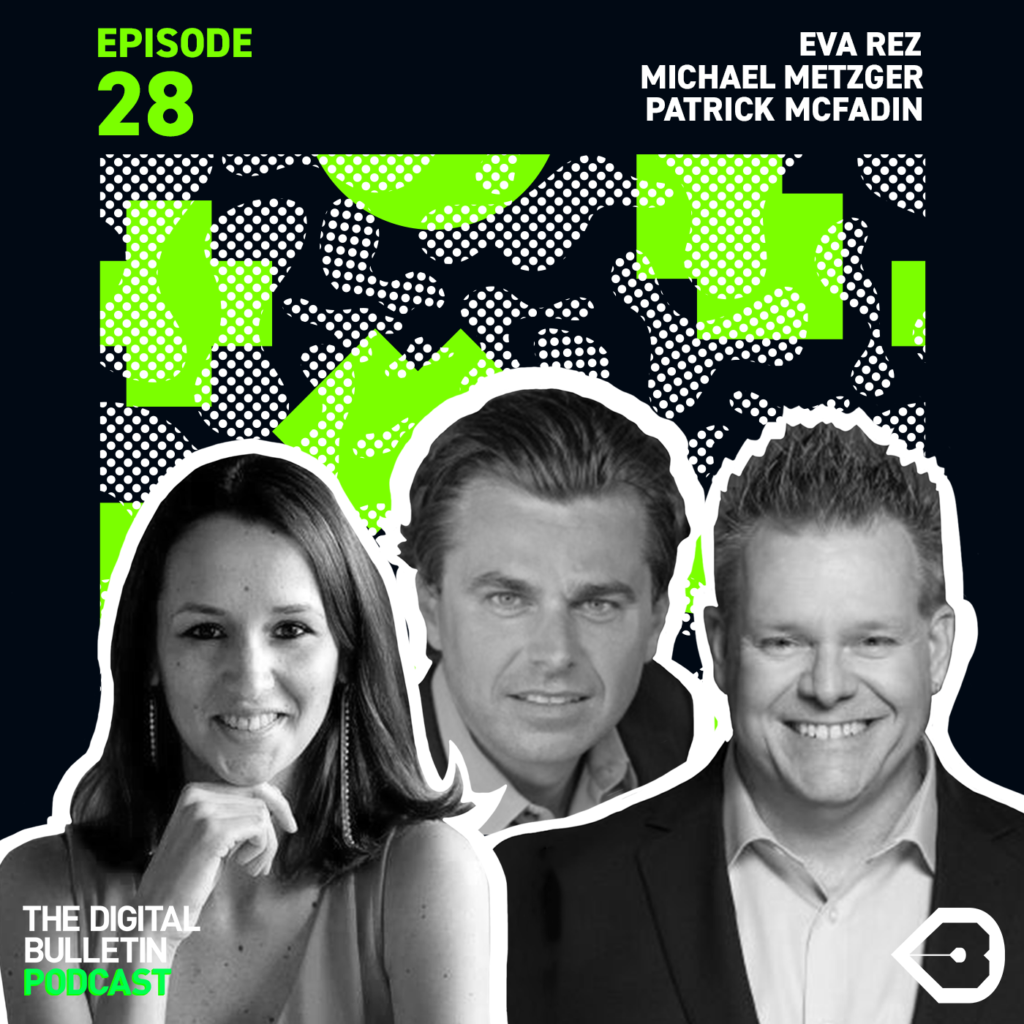
Smarter AI agents start with better-connected data
Jesús Barrasa of Neo4j explains how Agentic AI, powered by connected data and graph technology, enables smarter, autonomous decisions with greater trust, accuracy, and insight.

Jesús Barrasa of Neo4j explains how Agentic AI, powered by connected data and graph technology, enables smarter, autonomous decisions with greater trust, accuracy, and insight.

Global AI innovation is outpacing regulation, exposing critical risks like data poisoning and supply chain vulnerabilities. Businesses must act now to secure their AI ecosystems.

Simon Levitt, Global Creative Technology Director at Imagination, explores how digital storytelling transforms yet-to-launch products into immersive brand experiences, building anticipation and driving pre-orders before launch.

Courtney Bennett, Director at Databricks, explores how AI agent systems are transforming UK enterprise AI, offering precision, trust, and tailored solutions for businesses’ unique challenges.

Dr. Ben Goertzel examines the strengths and limitations of LLMs in software development, discussing their role in creative coding and AGI research.

Evan Kaplan, CEO of InfluxData, explores how real-time, high-resolution time series data fuels AI-driven autonomy, enabling industries to optimise operations, predict outcomes, and automate decisions.

Developers are no longer just builders – they’re the driving force behind GenAI’s evolution. Their creativity and expertise will shape the next generation of AI-driven innovation.

A panel of experts discuss the technology trends set to occupy CIOs in primary industries, including mining and energy generation.

In 2025, CIOs must drive AI adoption and deliver ROI. Julian Mulhare, Managing Director EMEA at Searce, discusses the factors that matter.

Geoff Barlow, Product and Strategy Director at Node4 explores AI’s impact on jobs and cybersecurity, addressing concerns while highlighting the potential for new opportunities and the need for proactive planning and training.

As computing evolves, organisations must prepare for three phases: edge computing, hybrid systems, and autonomous technologies, each reshaping business operations and human-technology interaction.

Content automation expert John Bates sees hugely responsive content as being within our reach. But what needs to happen to get us over the line?

AI and simulation are revolutionising design optimisation across industries. From chip design to aerospace and automotive, this synergy accelerates innovation, enhances accuracy, and drives efficiency.

Mike Ettling, CEO of Unit4 discusses the balance between AI innovation and potential overreach in ERP systems.

John Sullivan, IBM iX EMEA Managing Partner explores how generative AI can revolutionise marketing while safeguarding brand trust and reputation.

In 2025, AI will see the rise of generative AI commoditisation, agent-based systems, and a renewed focus on trustworthy, non-generative AI and workforce readiness.

To stay competitive, businesses must embrace digital transformation by evolving products, adopting future technologies, and fostering innovation for long-term sustainability and growth.

AI’s rapid growth requires balanced innovation, managing expectations, and human oversight. Pragmatic automation, careful investment, and governance are key to avoiding overhype and disillusionment.

Rajiv Shesh, head of HCLSoftware and Corporate Vice President of HCLTech, on the impending effects of AI on business, society, and every last one of us.

Generative AI is revolutionising industries, driving exponential growth in software, services, and semiconductor markets, with widespread adoption expected by 2027.

Gartner highlights GenAI’s revolutionary impact on D&A governance, enhancing automated decision-making and improving non-technical user engagement in governance processes.

Internationally renowned data scientist Anthony Scriffignano on the need to make AI investments with humility, pragmatic realism, and a readiness to persevere.

AI is already showing what it can do in service of the legal profession. But in order for AI to succeed, it needs the lawyers to step up.

Anthony Scriffignano is a world-renowned data scientist and AI expert. Is he excited about AI, or worried?

Talon Outdoor is bringing advertising’s oldest medium, Out of Home, into the 21st century.

How Ericsson is helping telecoms providers meet the world’s extraordinary demand for connectivity.

CEO Anne de Kerckhove is driving innovation at Freespee

Banuba is using augmented reality to aid enterprise in a number of industry sectors

Cloud migration boosts enterprise ROI, with companies mastering cloud tech seeing significant cost savings and revenue growth. A strategic, transformative approach is essential for success.

5G/SD-WAN mobile edge computing and network slicing will drive innovative NFV services, says Versa Networks CEO Kelly Ahuja

In this episode, Thames Water’s CIO Tony McCandless discusses ‘robotics’, ‘DevOps’, ‘digital disruption’ and more.

This month, we welcome a panel of experts to discuss the convergence of the tech and gaming industries in the wake of Microsoft’s proposed $68.7 billion acquisition of Activision Blizzard.
Featuring Eva Rez from Edge Investments, Drake Star’s Michael Metzger and DataStax’s Patrick McFadin.

Jesús Barrasa of Neo4j explains how Agentic AI, powered by connected data and graph technology, enables smarter, autonomous decisions with greater trust, accuracy, and insight.

Global AI innovation is outpacing regulation, exposing critical risks like data poisoning and supply chain vulnerabilities. Businesses must act now to secure their AI ecosystems.

Simon Levitt, Global Creative Technology Director at Imagination, explores how digital storytelling transforms yet-to-launch products into immersive brand experiences, building anticipation and driving pre-orders before launch.

Courtney Bennett, Director at Databricks, explores how AI agent systems are transforming UK enterprise AI, offering precision, trust, and tailored solutions for businesses’ unique challenges.

Dr. Ben Goertzel examines the strengths and limitations of LLMs in software development, discussing their role in creative coding and AGI research.

Evan Kaplan, CEO of InfluxData, explores how real-time, high-resolution time series data fuels AI-driven autonomy, enabling industries to optimise operations, predict outcomes, and automate decisions.

Developers are no longer just builders – they’re the driving force behind GenAI’s evolution. Their creativity and expertise will shape the next generation of AI-driven innovation.

A panel of experts discuss the technology trends set to occupy CIOs in primary industries, including mining and energy generation.

In 2025, CIOs must drive AI adoption and deliver ROI. Julian Mulhare, Managing Director EMEA at Searce, discusses the factors that matter.

Geoff Barlow, Product and Strategy Director at Node4 explores AI’s impact on jobs and cybersecurity, addressing concerns while highlighting the potential for new opportunities and the need for proactive planning and training.

As computing evolves, organisations must prepare for three phases: edge computing, hybrid systems, and autonomous technologies, each reshaping business operations and human-technology interaction.

Content automation expert John Bates sees hugely responsive content as being within our reach. But what needs to happen to get us over the line?

AI and simulation are revolutionising design optimisation across industries. From chip design to aerospace and automotive, this synergy accelerates innovation, enhances accuracy, and drives efficiency.

Mike Ettling, CEO of Unit4 discusses the balance between AI innovation and potential overreach in ERP systems.

John Sullivan, IBM iX EMEA Managing Partner explores how generative AI can revolutionise marketing while safeguarding brand trust and reputation.

In 2025, AI will see the rise of generative AI commoditisation, agent-based systems, and a renewed focus on trustworthy, non-generative AI and workforce readiness.

To stay competitive, businesses must embrace digital transformation by evolving products, adopting future technologies, and fostering innovation for long-term sustainability and growth.

AI’s rapid growth requires balanced innovation, managing expectations, and human oversight. Pragmatic automation, careful investment, and governance are key to avoiding overhype and disillusionment.

Rajiv Shesh, head of HCLSoftware and Corporate Vice President of HCLTech, on the impending effects of AI on business, society, and every last one of us.

Generative AI is revolutionising industries, driving exponential growth in software, services, and semiconductor markets, with widespread adoption expected by 2027.

Gartner highlights GenAI’s revolutionary impact on D&A governance, enhancing automated decision-making and improving non-technical user engagement in governance processes.

Internationally renowned data scientist Anthony Scriffignano on the need to make AI investments with humility, pragmatic realism, and a readiness to persevere.

AI is already showing what it can do in service of the legal profession. But in order for AI to succeed, it needs the lawyers to step up.

Anthony Scriffignano is a world-renowned data scientist and AI expert. Is he excited about AI, or worried?